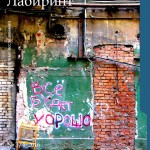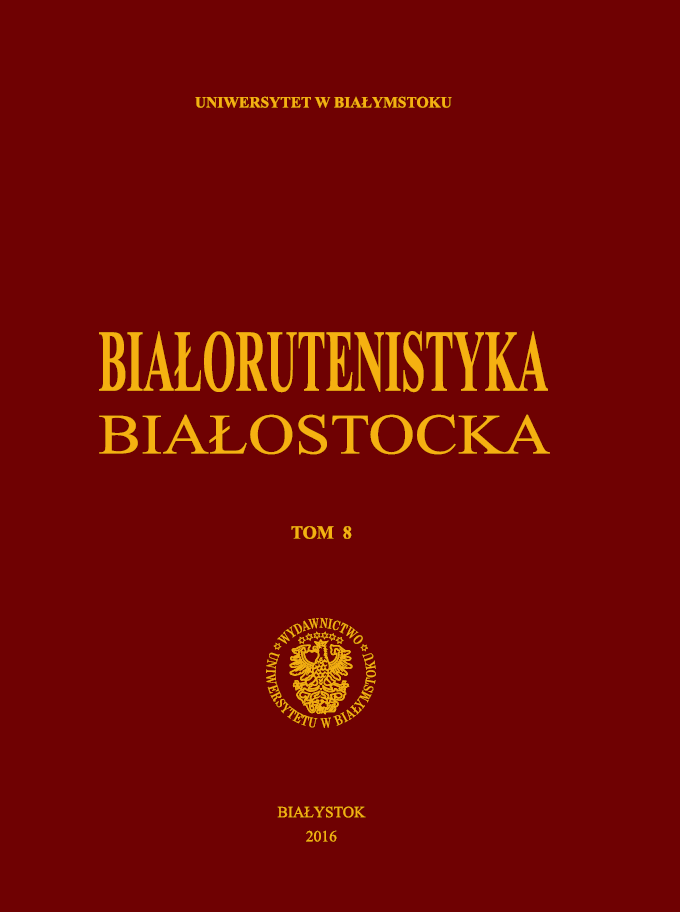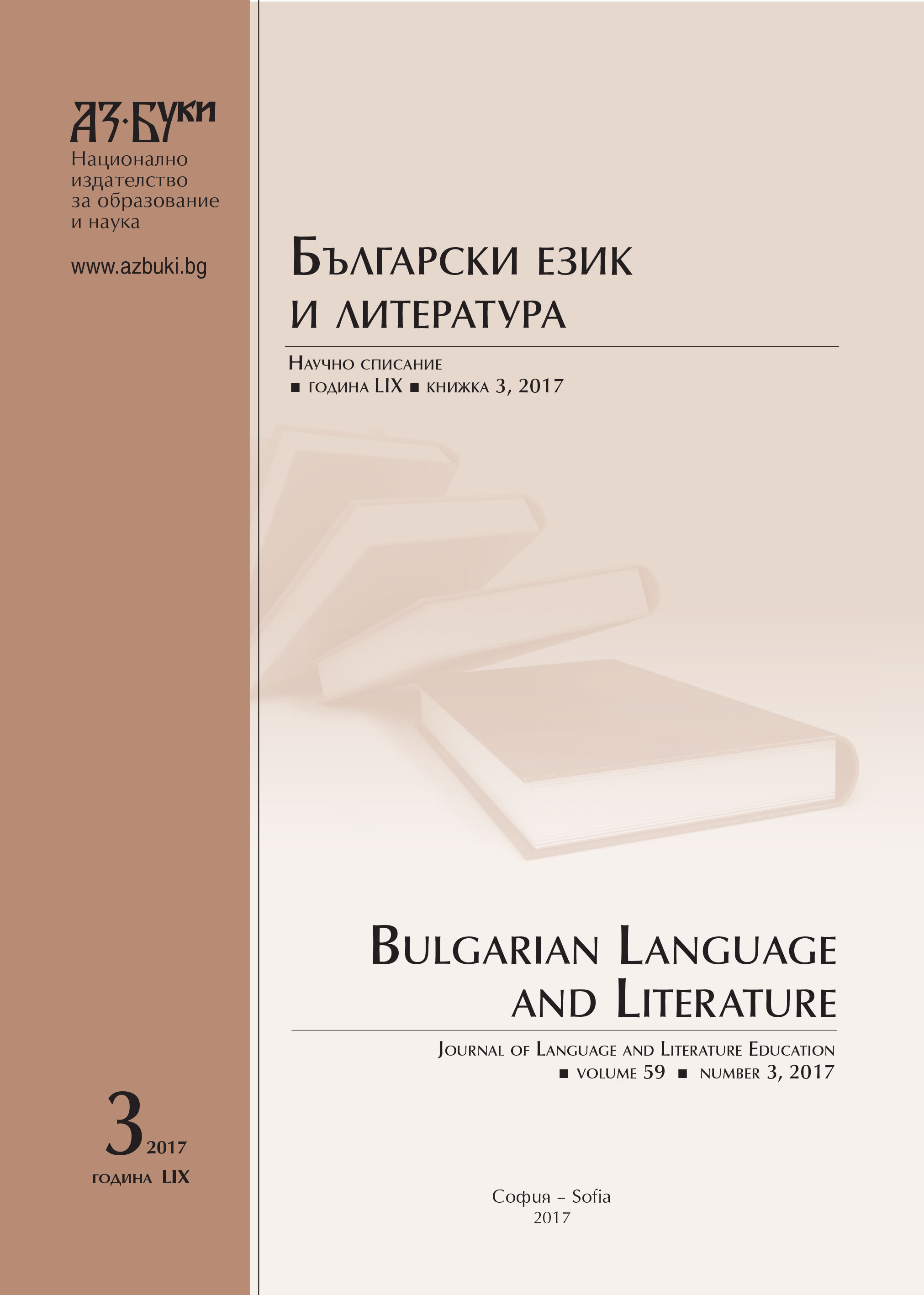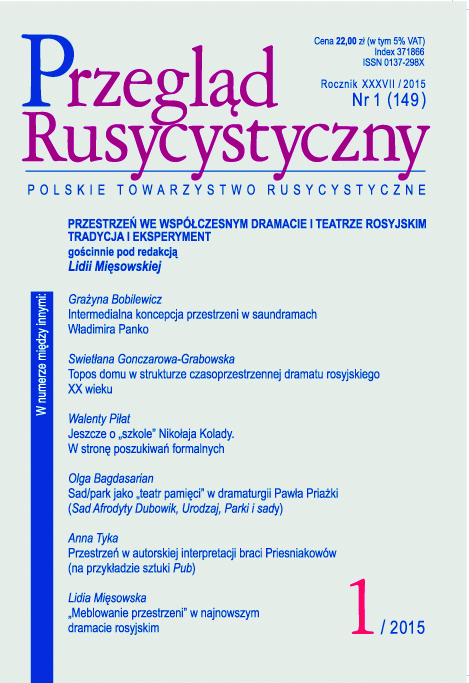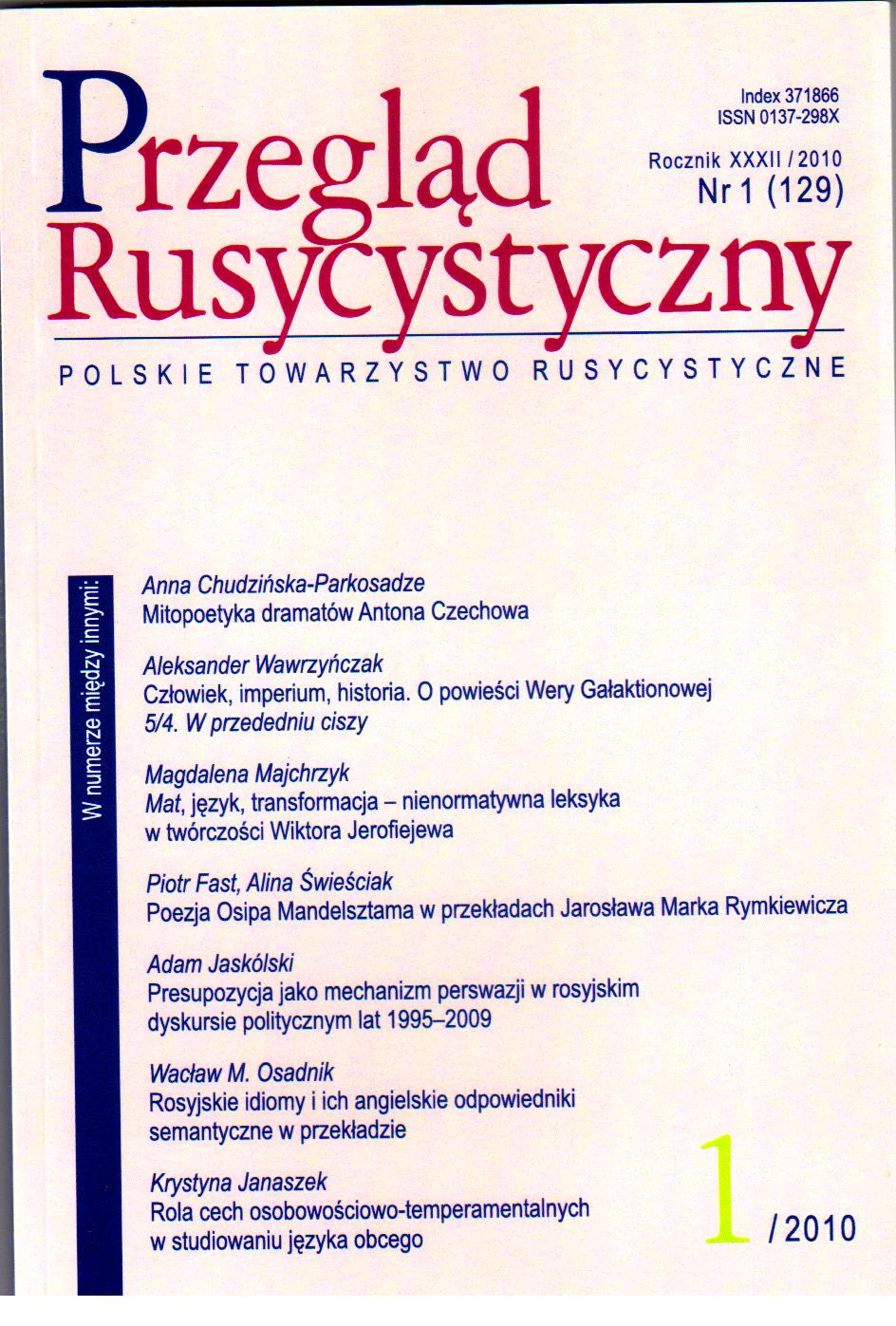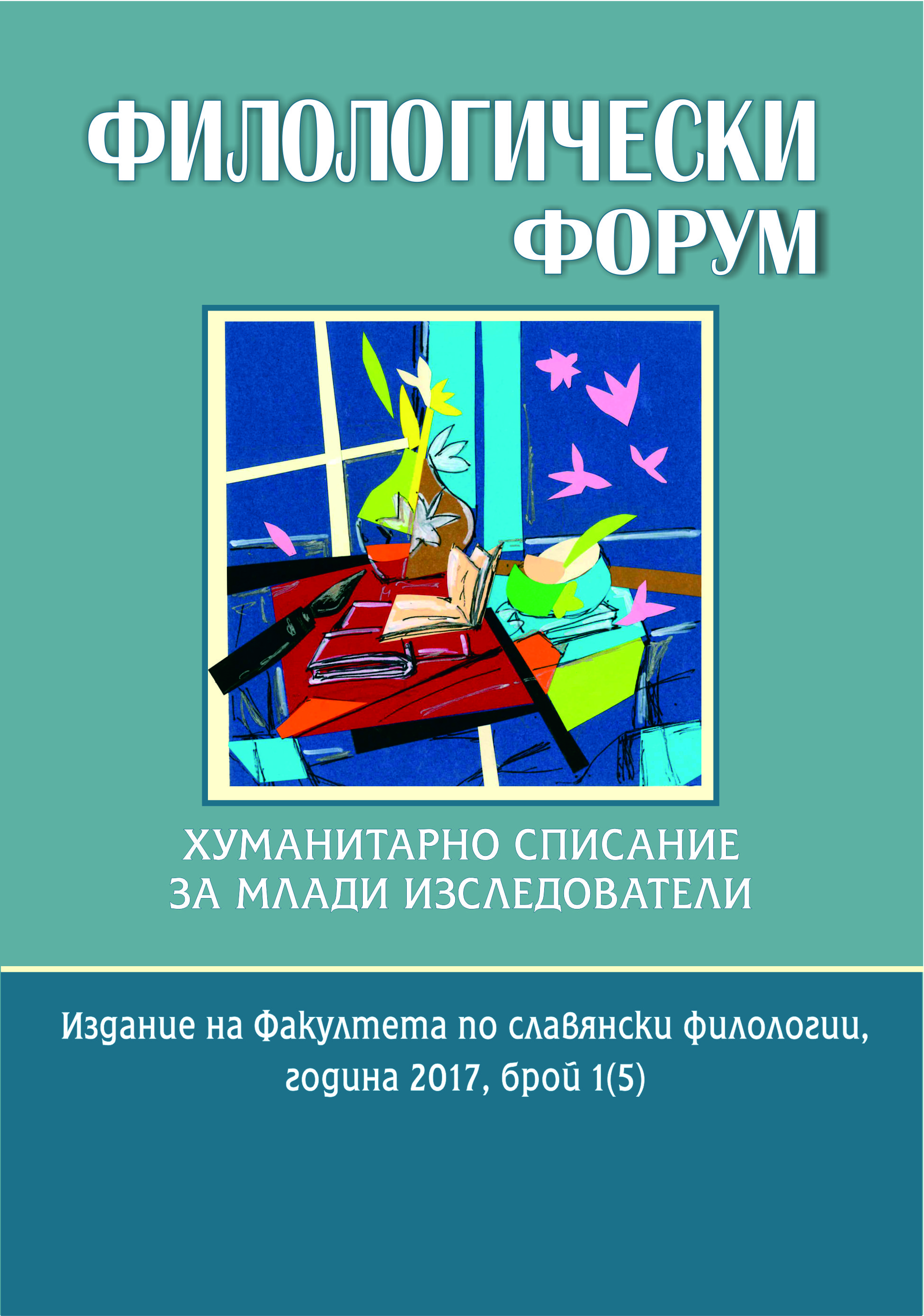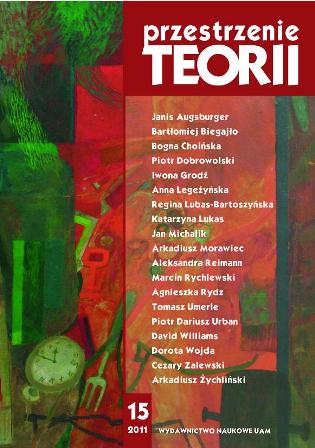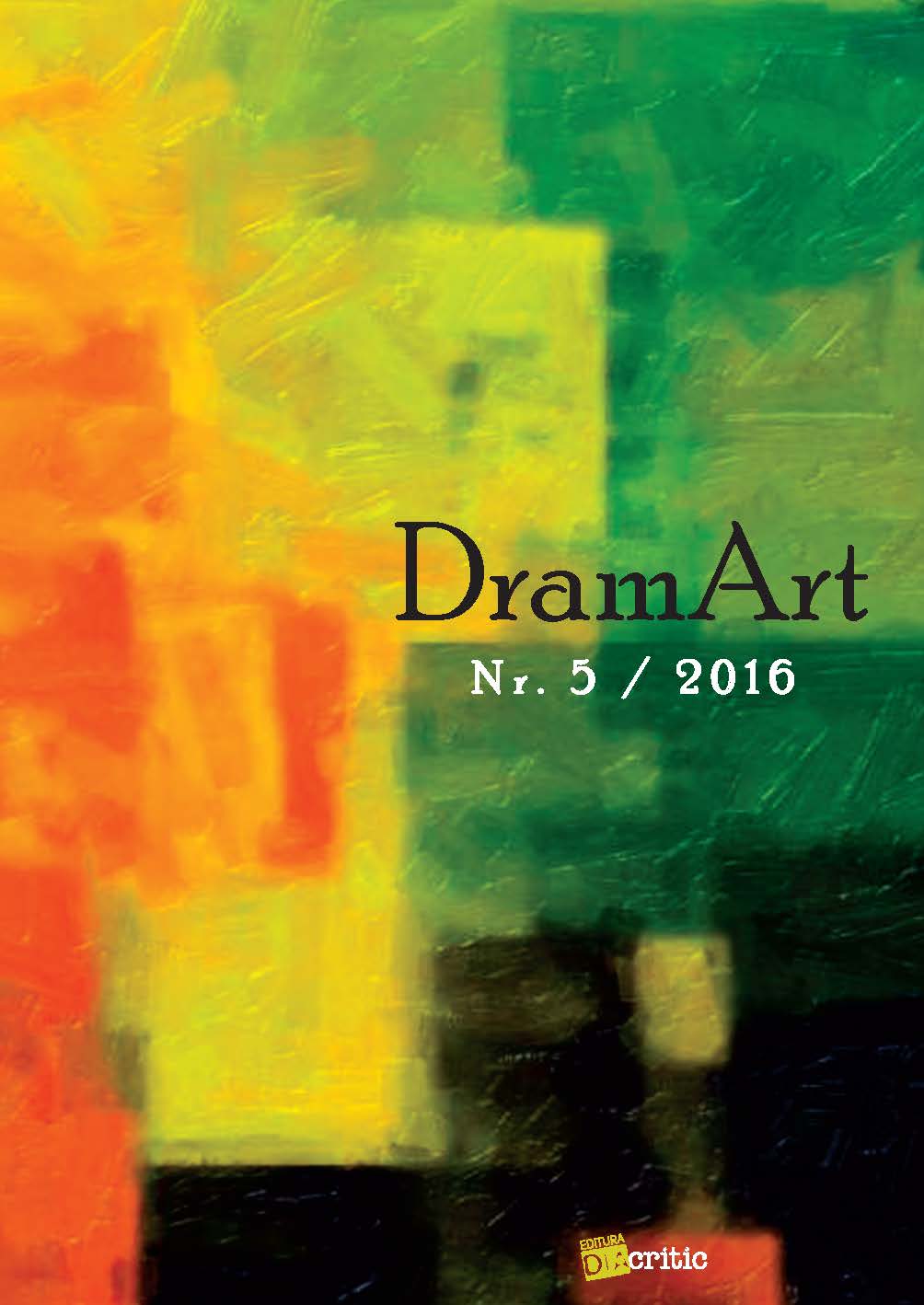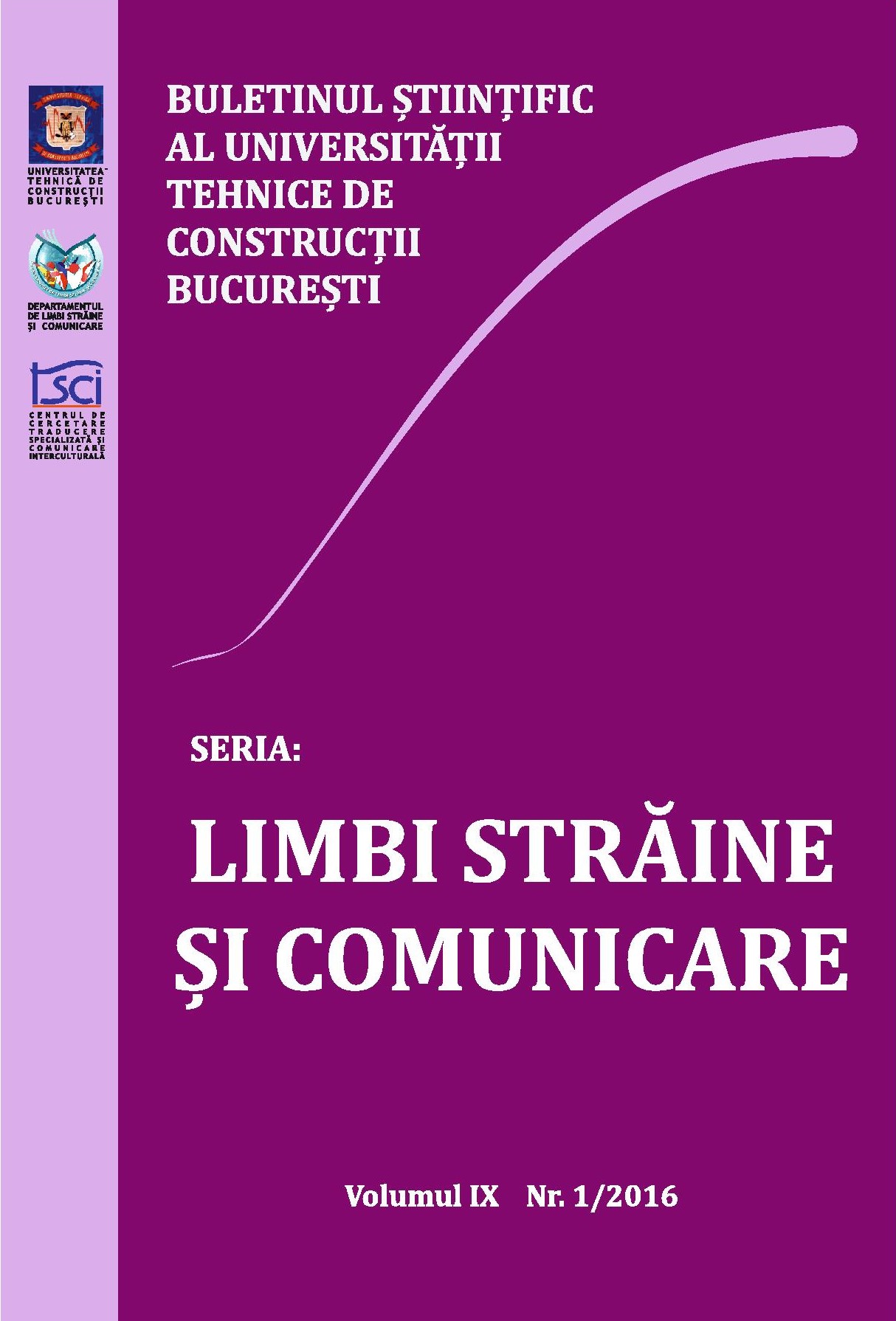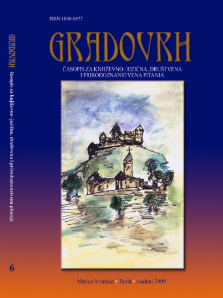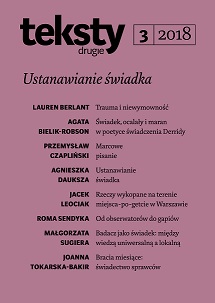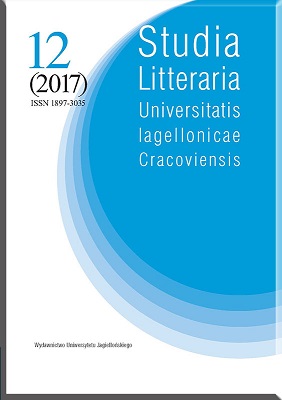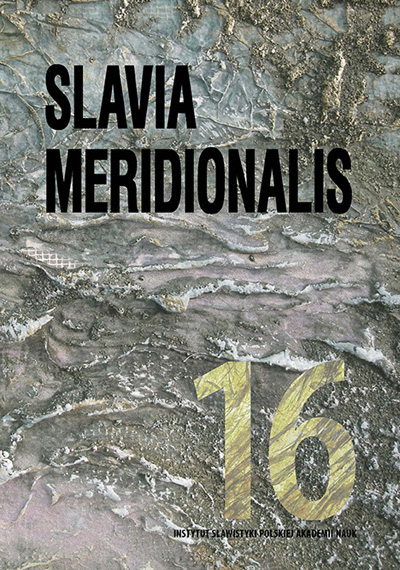
Kazalište kao stjecište kolektivne i privatne traume u Erigonu Jordana Plevneša
The text problematizes the concept of national history and trauma in the play Erigon, written by the contemporary Macedonian playwright Jordan Plevneš. The starting point of the analysis are some peculiarities of Plevneš’s poetics and of the theatrical conceptions of Antonin Artaud that are central to Erigon as well as the problem of the representation (and performance) of history in drama and theatre. In Erigon one can recognize the critique of eurocentrism and the European centres of power along with their influence on the formation of political and historical processes in Macedonia and the Balkans in general. The main question concerns the societal role of political theatre and its power.
More...
